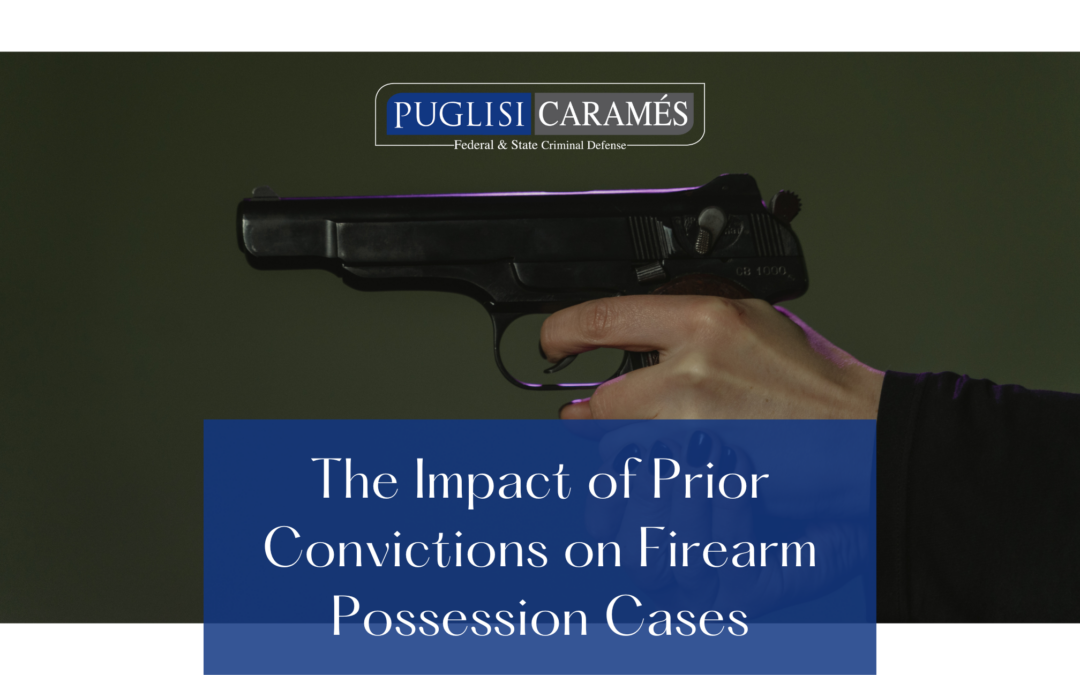If you’ve been in trouble with the law before, it makes dealing with legal issues now—like owning a gun—more difficult and complex. For those with criminal records, understanding and following the laws becomes crucial; they must figure out what their rights are and what’s off-limits to them. This challenge is especially tough when people working hard to rebuild their lives and reputations wish to have guns legally, maybe for safety, hunting, or other lawful activities.
They must tread carefully when attempting to navigate these rules and restrictions. The purpose is to avoid any future issues with the law. This is essential to prevent further complications or penalties and to ensure a smoother reintegration into society. You must be diligent, understand where the boundaries are, and comply with current laws. Balancing between past mistakes and current legalities is vital to successful firearm possession.
The Influence of Prior Convictions on Firearm Possession
Prior convictions play a pivotal role in determining one’s legal right to possess firearms. Individuals with a felony conviction often face a lifetime prohibition under both state and federal laws. This prohibition remains steadfast even after completing sentences, probation, or parole. Combining past convictions with present desires to possess firearms can lead to enhanced penalties. In other words, the stakes are more significant. For instance, federal law stipulates up to 10 years in prison for those with prior felony convictions caught in possession of a firearm.
Defenses and Recent Legal Developments
The legal journey for those with past convictions seeking to own firearms is filled with challenges, but defenses exist. A standard defense hinges on the individual’s knowledge—or lack thereof—regarding their prohibition to possess firearms. Success in this defense requires proving a reasonable belief in the legality of their firearm possession or a lack of awareness of their ban. Another viable reason is asserting a lawful purpose, such as self-defense, for firearm possession. This necessitates showing a legitimate need and legal intent for the firearm.
Recent legal developments have also cast a new light on these cases. In 2019, a landmark ruling in Rehaif v. United States mandated the government to prove an individual’s awareness of their felon status to secure a conviction for the federal crime of felon possessing a firearm. This development has raised the bar for government prosecutions and has implications for state firearm possession cases.
Puglisi Caramés
If you face firearm possession charges with prior convictions, seek legal counsel immediately. At Puglisi Caramés, our seasoned criminal defense attorneys stand ready to enlighten you on your rights and craft a tailored defense strategy. Reach out for a free consultation today and confidently step forward toward resolving your legal problems.
Remember, state laws on firearm possession by individuals with prior convictions differ, making consultation with a knowledgeable attorney vital. Federal law outlines specific restrictions for those with certain felony convictions. Still, exceptions and pathways, like permits, pardons, or expungements, exist under particular circumstances, allowing for potential legal firearm possession. Keep abreast of your rights and the evolving legal frameworks to ensure you make informed and lawful decisions regarding firearm possession.



